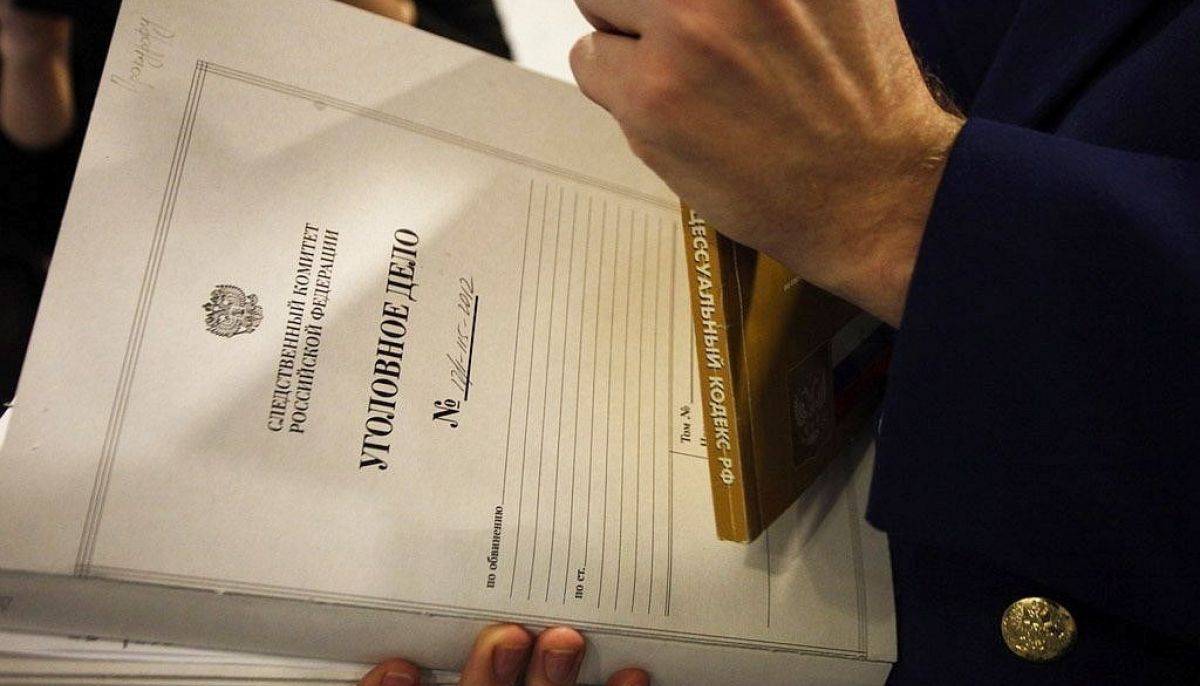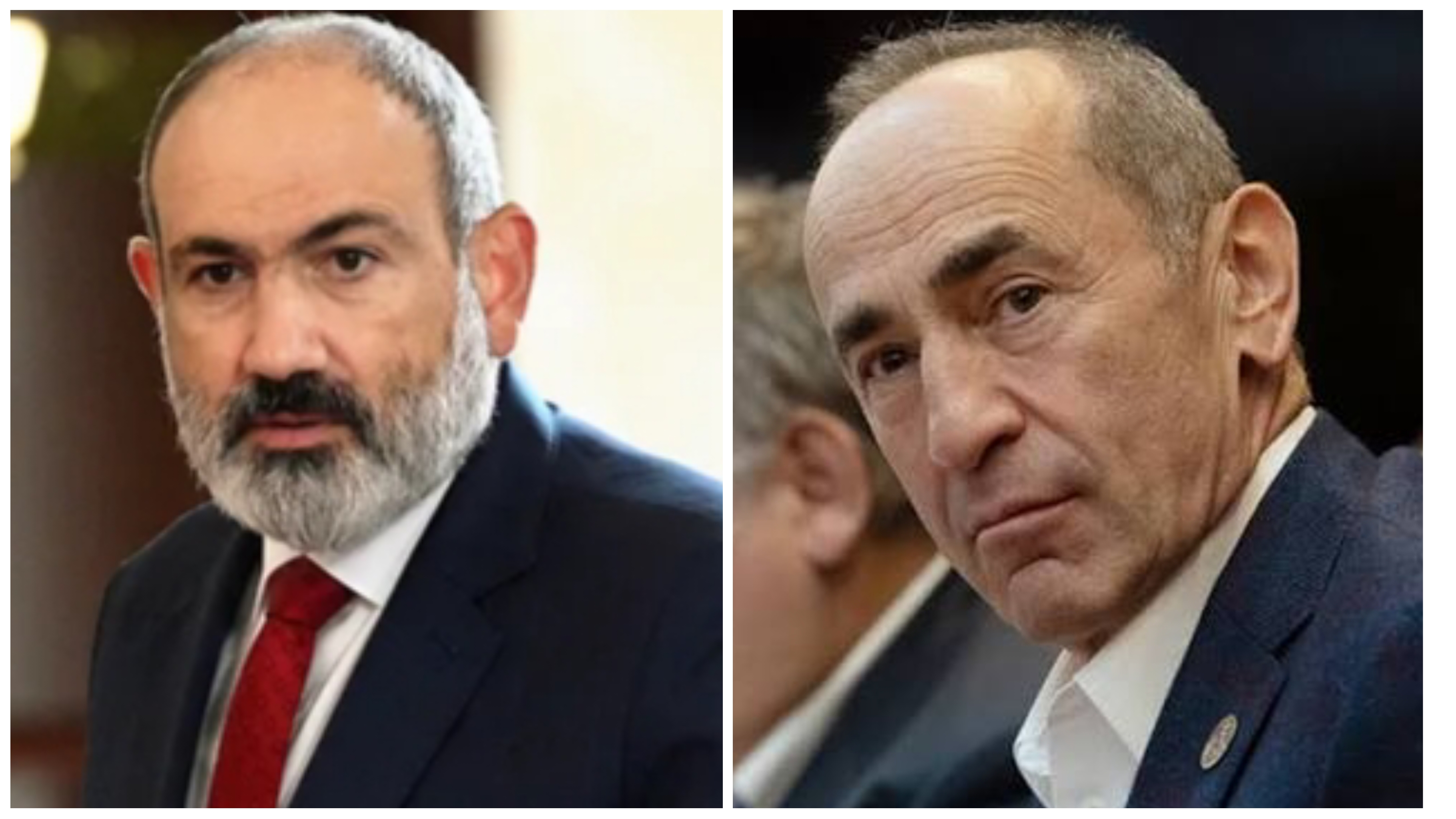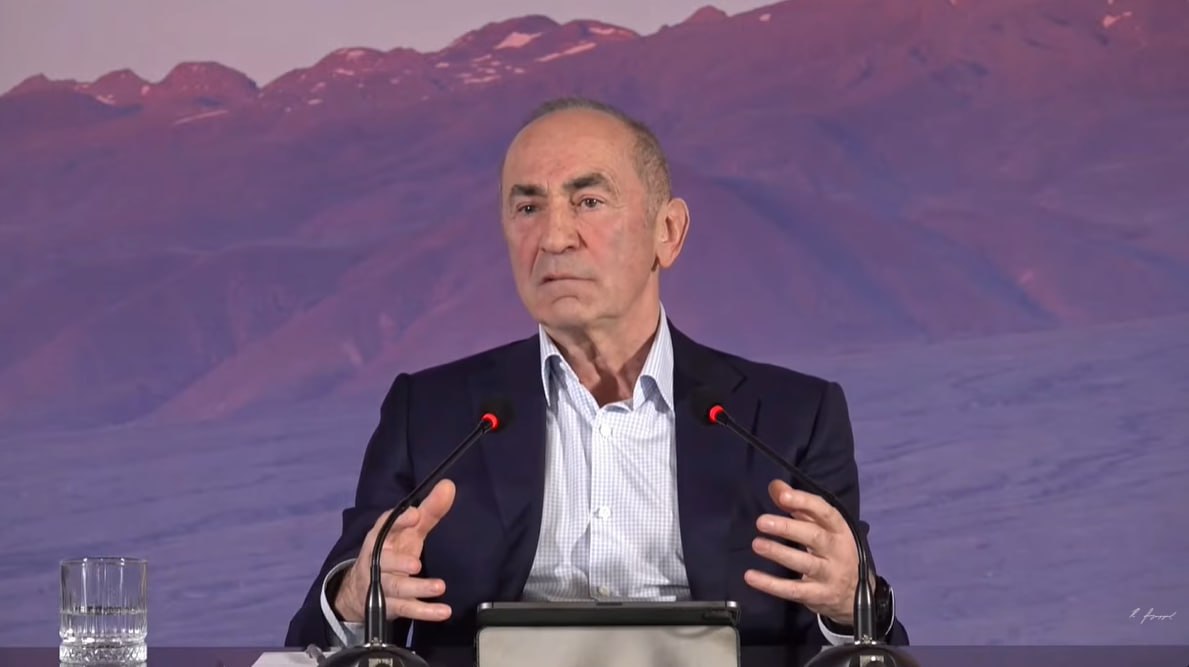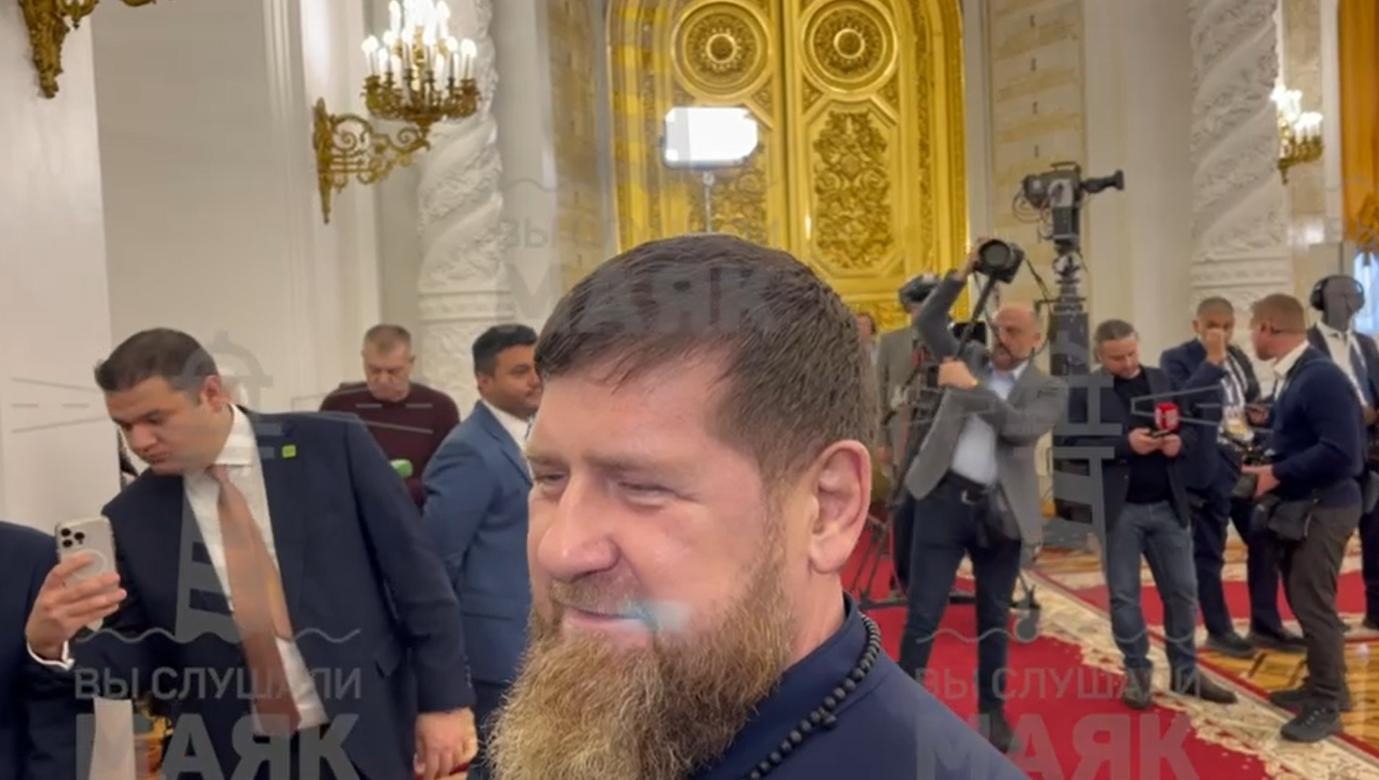A second administrative case has been opened in Chechnya in Russia for searching for "extremist materials" online. The case was registered by the Naursky District Court, and local resident Isa Magomadov is listed as the offender.
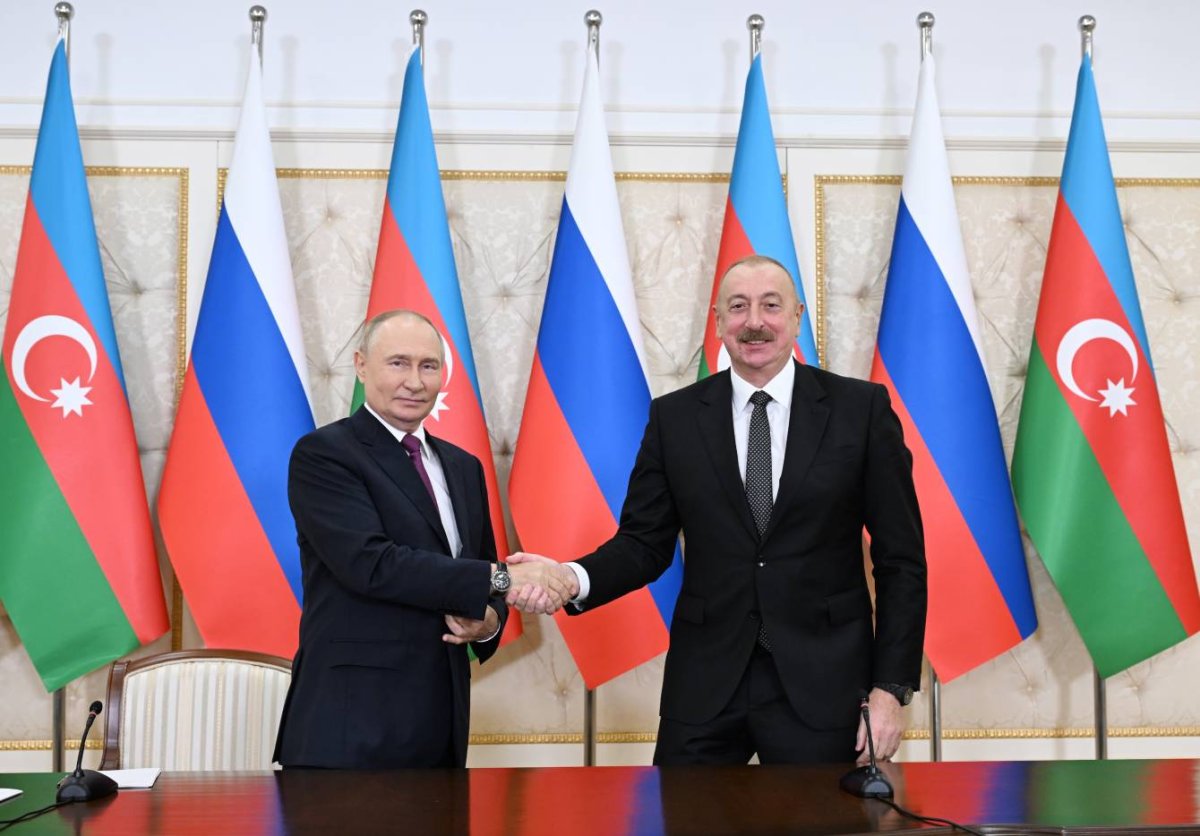
On October 7, Russian President Vladimir Putin's birthday, his Azerbaijani counterpart Ilham Aliyev called him to congratulate him, Kremlin Press Secretary Dmitry Peskov reported.
Putin thanked his interlocutor for the congratulations. During the conversation, the leaders exchanged views on the current state and prospects of relations between Moscow and Baku.
According to media reports, the last time the presidents spoke by phone was on March 15. Ilham Aliyev received the call during an informal meeting between Putin and the presidents of Belarus and Tajikistan. The Kremlin described the conversation as "warm and friendly." The leaders reportedly "discussed a number of pressing issues regarding the further development of interstate relations." Furthermore, the Russian presidential press service announced Aliyev's visit to Moscow for the Victory Day Parade on May 9. However, the Azerbaijani president later canceled the trip, citing "participation in internal events dedicated to [his father] Heydar Aliyev."
Tensions in relations between Moscow and Baku arose after the downing of an Azerbaijani airliner, AZAL, in Russian airspace late last year and a June security raid in Yekaterinburg that resulted in the deaths of two ethnic Azerbaijanis. Putin and Aliyev have not communicated since. At the recent SCO summit in China, they only formally shook hands in accordance with diplomatic etiquette.
At the same time, at a press conference following his visit to China, Putin stated that Moscow and Baku should move toward normalizing bilateral relations. Commenting on the state of diplomacy between the two countries, the Kremlin leader emphasized that in international politics, questions inevitably arise related to current circumstances or the prevailing situation. He also expressed confidence that the solid foundation of Russian-Azerbaijani relations and their mutual interest in developing them will help smooth over all differences.
As a reminder, the plane crash that occurred on December 25, 2024, near the city of Aktau, Kazakhstan, killed 38 of the 67 people on board. The causes of the crash have generated considerable debate, but the prevailing theory is that the plane came under fire from Russian air defense systems during an attack by Ukrainian drones over Chechnya. Azerbaijani President Ilham Aliyev announced his intention to file an international lawsuit against Russia. He emphasized that Moscow has not admitted guilt or punished those responsible for the deaths.
On September 4, the Russian Foreign Ministry reported that AZAL had received full compensation from AlfaStrakhovanie for the lost aircraft, amounting to approximately $12 million. Furthermore, according to the ministry's statement, the claims of 46 passengers have been fully settled. Negotiations regarding payment amounts are reportedly ongoing with the remaining victims and the relatives of the deceased.
In response to the Russian agency's publication, Azerbaijani Foreign Ministry spokesperson Ayhan Hajizade stated that AZAL's insurance payments are unrelated to the compensation Baku is demanding from Moscow in connection with the plane crash. He called attempts to equate the two concepts inappropriate. According to him, the aftermath of the tragedy and the persecution of Azerbaijanis in Russia remain a source of tension between the countries.
On June 27, in Yekaterinburg, officers from the Russian National Guard, the Ministry of Internal Affairs, and the Federal Security Service (FSB) detained Azerbaijani citizens and individuals of Azerbaijani descent. They were suspected of involvement in previous crimes. Some of them were tortured, and two died – 60-year-old Huseyn Safarov and his brother, 55-year-old Ziyaddin Safarov. Baku also noted that other detainees had been tortured. Six people were sent to pretrial detention. Subsequently, the Azerbaijani Prosecutor General's Office opened a criminal case for the torture and premeditated murder of two Azerbaijani citizens and individuals of Azerbaijani descent, committed with particular cruelty by Russian law enforcement officers.
Furthermore, persecution of Azerbaijani diaspora leaders has increased in Russia. For example, the head of the Azerbaijani diaspora in the Chelyabinsk region, Arshad Khankishiyev, was stripped of his Russian citizenship. Yusif Khalilov, the leader of the Azerbaijani diaspora in Voronezh, and Shahin Shikhlinsky, the former head of the diaspora in Yekaterinburg, have also been arrested.
